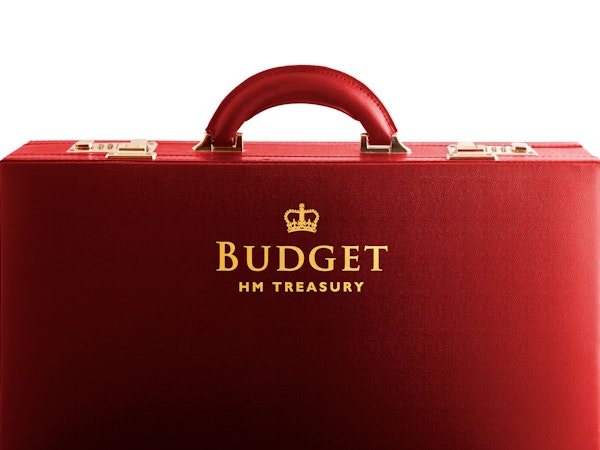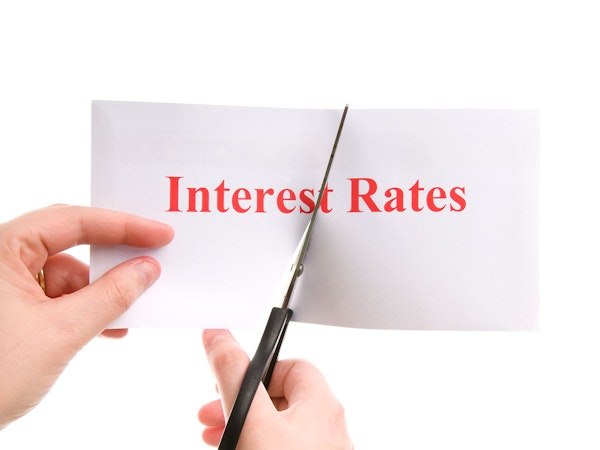Winter Economy Plan – 24 September 2020
In his statement, Rishi Sunak announced the next stage of help and support for jobs and businesses. The aim is to steer the economy through what he described as a “difficult winter” after the hard decision to end the furlough scheme.

Highlights
- A new Job Support Scheme, primarily targeted at small and medium employers, will be introduced covering employees who work at least one third of their normal hours
- The Chancellor confirmed that the furlough scheme will end on 31 October.
- The Self-Employment Income Support Scheme (SEISS) will be extended to April 2021, with a revised basis.
- The closure date for the four existing business loan schemes will be extended to the end of November.
- Repayment terms for the Coronavirus Business Interruption Loan Scheme (CBILS) and Bounce Back Loans (BBLS) will be relaxed, with the maximum term extended to 10 years.
- The reduction in VAT to 5% for the hospitality and tourism industries will be extended to 31 March 2021.
- The deferred VAT and self-assessment payments due early next year can be repayable in instalments rather than as a lump sum.
Introduction
Today’s ‘Economic Update’ by the Chancellor, Rishi Sunak, arrived six months and a day after the Prime Minister announced the start of lockdown on 23 March. Twelve days earlier the Chancellor had made his Budget debut, announcing a “temporary, timely and targeted” package of measures to “deal with the coronavirus”. Their estimated total cost was £12 billion.

That figure now looks like small change in terms of the cost of the pandemic so far. This week’s HMRC statistics on the response to Covid-19 show that to 20 September:
- The total value of claims made under the Coronavirus Job Retention Scheme (CJRS) was £39.3 billion, covering 1.2 million employers and 9.6 million jobs. The CJRS will finish at the end of next month. From the start of October employers will have to meet an additional 10% of the CJRS payments, as well as NIC and pension liabilities.
- The Self-Employment Income Support Scheme (SEISS) received 4.9 million claims across its two payment periods, totalling £13.4 billion.
- Over £58 billion of finance had been approved under the government’s four loan schemes. Almost two-thirds of this was represented by the Bounce Back Loan Scheme (BBLS) under which the government provides 100% guarantees for lenders to more than 1.25 million small borrowers.
These figures tell only part of the story. There is also the cost of one year’s business rates relief, grant funding and enhancements to social security benefits. The latest (August) central scenario projection from the Office for Budget Responsibility is for government borrowing to reach £372.2 billion in 2020/21 against the £54.8 billion estimate it made at the time of the Spring Budget.
The latest statement from the Chancellor will increase this year’s borrowing further. However, the consensus among economists is that for now, life support for UK plc trumps any consideration of public debt levels. Today Mr Sunak has divided that support into three main areas:
- Employment
- Loan arrangements
- Taxation
Employment
Job Support Scheme
The Chancellor made clear that the CJRS will end on 31 October, as planned. Its replacement will be the Job Support Scheme (JSS), which will run for six months from 1 November. Under the terms of the scheme:
- Employees will need to work a minimum of 33% of their normal hours.
- For every hour that is not worked, the employer and the government will each pay one third of the employee’s usual pay, with the government contribution capped at £697.92 a month. Employees working at least one third of their normal hours will receive at least 77% of full pay, subject to the government cap. Employers will pay at least 55% of normal wages.
- The employer will be reimbursed in arrears for the government contribution.
- The employee must not be on a redundancy notice.
- The scheme will be open to all employers with a UK bank account and a UK PAYE scheme. All small and medium-sized enterprises will be eligible; large businesses will be required to demonstrate that their business has been adversely affected by Covid-19. The government expects that large employers will not be making capital distributions (such as dividends) while taking advantage of the scheme.
- Claims for the JSS will not affect eligibility for payment of the £1,000 Job Retention Bonus announced in July and due from February 2021.
Self-Employment Income Support Scheme
The SEISS will be extended in a new form for six months from 1 November 2020. The scheme’s new terms are:
- The new SEISS grant will only be available to self-employed individuals currently eligible for the existing scheme who are actively continuing to trade but are facing reduced demand due to Covid-19.
- The extension will be in the form of two taxable grants:
- The first grant will cover a three-month period from the start of November until the end of January. This initial grant will cover 20% of average monthly trading profits, paid out in a single instalment covering three months’ worth of profits, and capped at £1,875 in total.
- The second grant will cover the following three-month period starting in February. The government will review the level of the second grant and set this in due course.
Loan Arrangements
The closing application date for the four main loan schemes will be extended to 30 November.
Bounce Back Loan Scheme
The BBLS provides loans of between £2,000 and £50,000, capped at 25% of turnover, with a 100% government guarantee. Under the original BBLS, the borrower did not have to make any repayments for the first 12 months, with the government covering the first 12 months’ interest payments. The maximum loan repayment term was six years.
Under new ‘Pay as You Grow’ options for BBLS:
- New and existing borrowers will have the option to repay their loan over a period of up to ten years.
- UK businesses will also have the option to move temporarily to interest-only payments for periods of up to six months. This option can be used up to three times.
- Alternatively, businesses can pause their repayments entirely for up to six months, although this option is only available after six payments have been made and can be used just once.
Coronavirus Business Interruption Loan Scheme
CBILS lenders will be allowed to extend the term of a loan up to ten years, while retaining the benefit of the 80% government guarantee.
Coronavirus Large Business Interruption Loan Scheme
The Coronavirus Large Business Interruption Loan Scheme (CLBILS) will continue in its current form until the end of November.
Future Fund
The operation of the Future Fund, which provides matching convertible loans to innovative businesses will continue in its current form until the end of November.
Covid-19 Corporate Financing Facility
The Covid-19 Corporate Financing Facility, targeted at large businesses and operated by the Bank of England, will remain open until 22 March 2021. Where a company has exhausted all other options, and is of strategic importance to the UK, the government may also consider providing bespoke financial support.
Taxation
Temporary VAT cut for hospitality and tourism
The reduced (5%) rate of VAT will continue to apply to supplies of food and non-alcoholic drinks from restaurants, pubs, bars, cafés and similar premises, and to supplies of accommodation and admission to attractions across the UK until 31 March 2021 rather than ending on 12 January 2021.
VAT deferral
A ‘New Payment Scheme’ for VAT deferral will offer businesses that deferred VAT due in March to June 2020 the option to spread their payments over the financial year 2021/22 in 11 equal instalments. All businesses that took advantage of the VAT deferral are eligible and can use the scheme. However, they will need to opt in using a process HMRC will launch in “early 2021”.
Self-Assessment Tax Deferral – Enhanced Time to Pay
The self-employed and other taxpayers will be given more time to pay taxes due in January 2021, building on the self-assessment deferral provided for payments on account in July 2020.
Taxpayers with up to £30,000 of self-assessment liabilities due will be able to use HMRC’s self-service Time to Pay facility to secure a plan to pay over an additional 12 months. This means that self-assessment liabilities originally due in July 2020 will not need to be paid in full until January 2022. Any self-assessment taxpayer not able to pay their tax bill on time, including those who cannot use the online service, can continue to use HMRC’s Time to Pay Self-Assessment helpline to agree a payment plan.
@ Copyright 24 September 2020. All rights reserved. This summary has been prepared very rapidly and is for general information only. The proposals are in any event subject to amendment. You are recommended to seek competent professional advice before taking any action on the basis of the contents of this publication.






